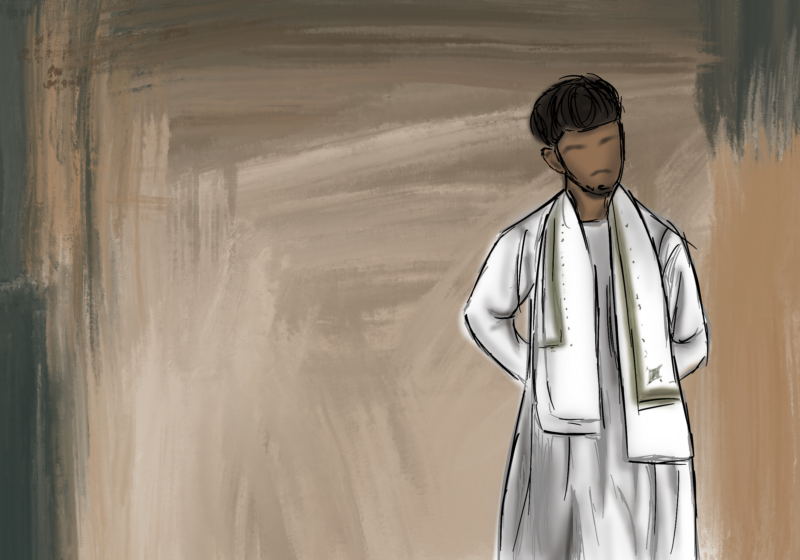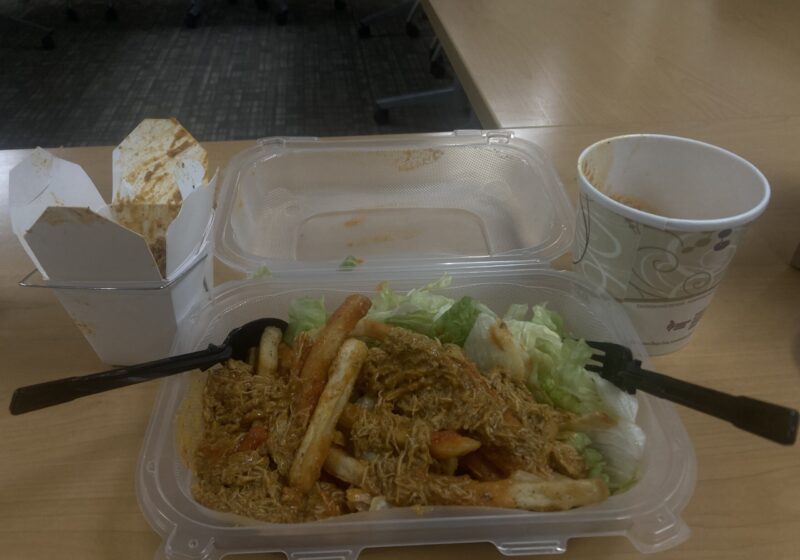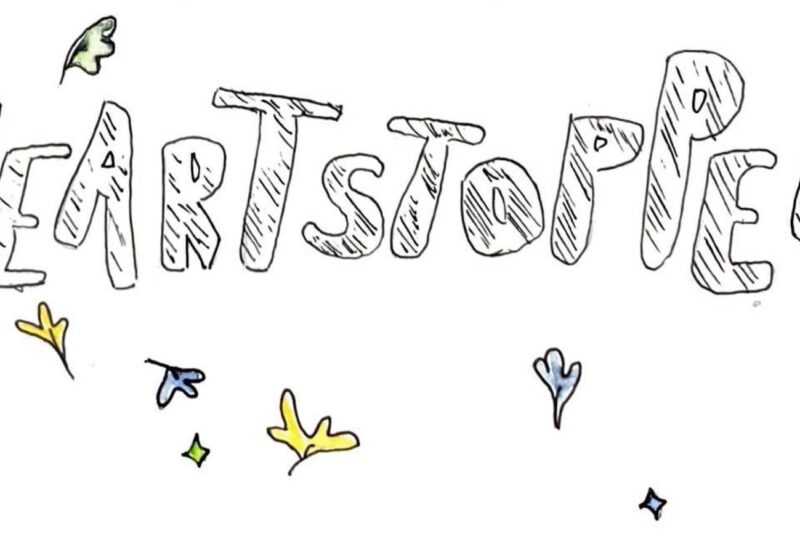It’s hard to say exactly why “Lost in Translation,” the Game 2 in Sophia Coppola’s filmmaking World Series, resonated with me so much. It was something I tried to discern as I left the theater, as I drove home, and as I enjoyed a post-viewing Happy Meal. Finally, I turned to my date – bitter as she was that my pensiveness had required ignoring her during the preceding hour – and asked her what she thought. She replied that she had been attempting to discuss that exact topic with me during my ignorance.
Whoops.
Nevertheless, we both realized that some aspect(s) of the film – a character-driven offering, slow and uneventful by Hollywood standards – certainly had something of a profound effect on us. After a brief round of pertinent discussion – hurried, on account of our patiently waiting food – we realized that ultimately, the most captivating elements of the movie relate directly to the title.
The film opens in Tokyo, a spellbinding backdrop well deserving of feature in more films. Amidst the screaming electronic billboards and towering skyline, we are introduced to aging Hollywood star Bob Harris, the vehicle for what is arguably Bill Murray’s best performance ever. Indeed, I did make that powerful statement.
Murray has remained a perennial favorite of this reviewer, a title earned after his back to back turns in the hallowed “Rushmore” and “Royal Tenenbaums” and now assuredly solidified courtesy of “Translation.” Murray’s Harris is in Tokyo filming a commercial for a Japanese whiskey, all the while admitting that he’d pass on the $2 million paycheck for an opportunity to be in a credible play. While fighting jet lag and melancholy in the hotel bar, Harris meets Charlotte, played by Scarlett Johansson, a young staress second only to Shakira in the heart of this reviewer.
Charlotte – who goes sans last name for the film – is suffering from the same general malaise, on account of the unintentional negligence of her career-driven husband, John, who is in Tokyo to photograph a rock band.
As the duration of John’s absences increase – he eventually has to accompany the band to another city, leaving Charlotte alone for the better part of a week – she grows closer and closer to Harris, whose own wife has prioritized their children over the marriage.
Naturally, we all know where this is headed. Or, you haven’t a damn clue. I certainly didn’t, though my date and I speculated all the while, much to the chagrin of the entire theater. Instead, what follows is a film very similar in theme to “Rushmore” – one that explores, through the dynamic between young and old, those universal, ageless problems that plague everyone.
What is easily the most remarkable aspect of the film is the captivating chemistry that exists between Murray and Johansson. Though this reviewer’s date cringed every time Harris and Charlotte went home drunk together, or found themselves having intimate talks in bed, the movie never – despite overwhelming sexual tension – ventured down that route.
Instead, moviegoers are introduced to an endearing portrait of two wanderlust lovers, separated by age, marriage, and their own lives. That they couldn’t be together isn’t considered – for a brief moment, lost in a foreign city, lost in disappointing marriages and generally lost in life, Harris and Charlotte found the one thing they really needed – someone like themselves.
Janowitz can be reached at njanowitz@campustimes.org.





